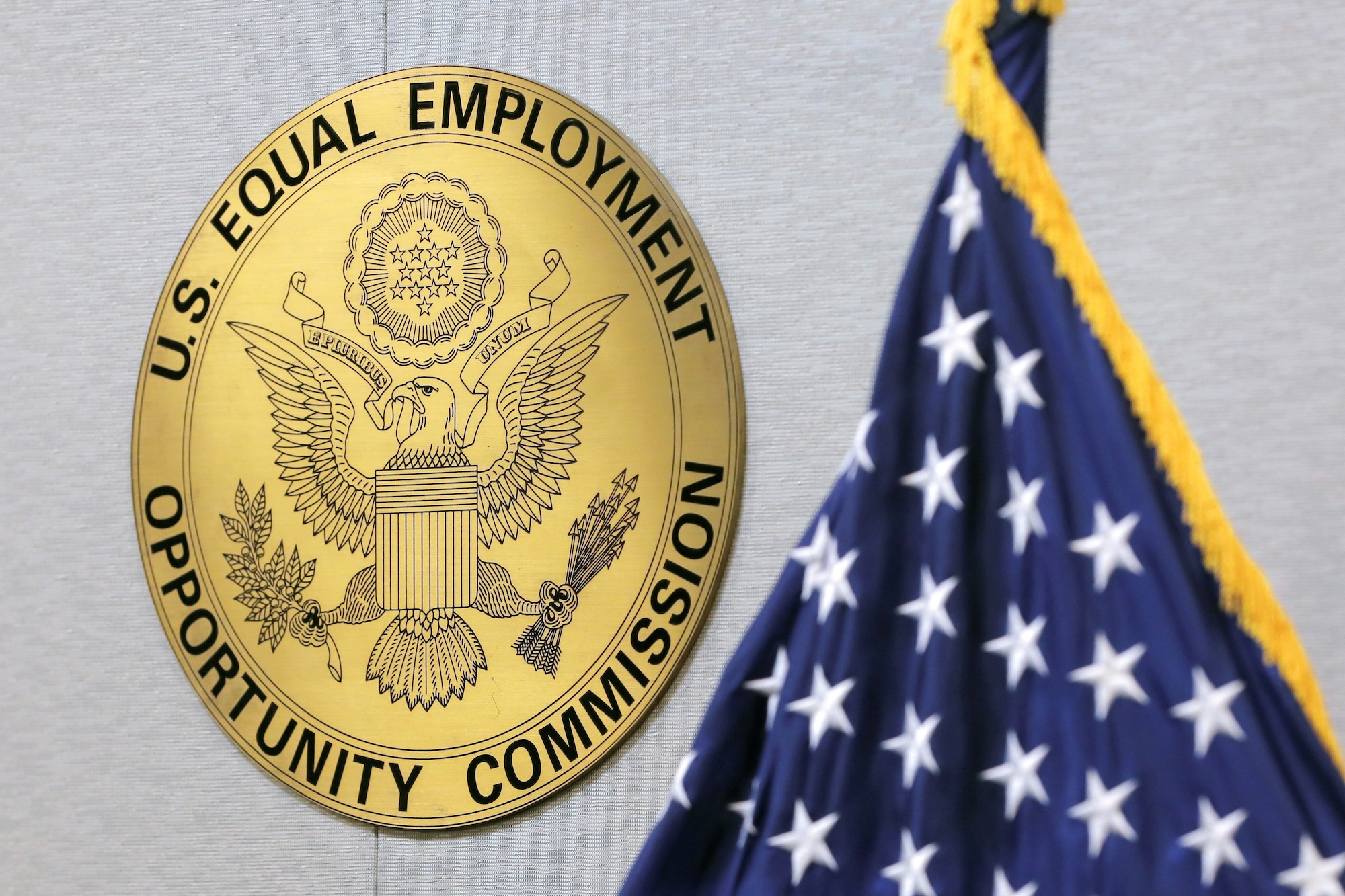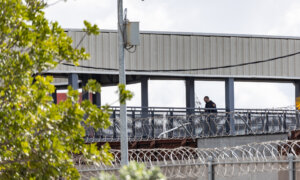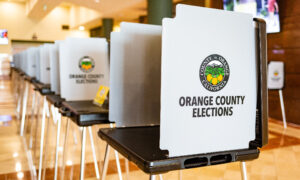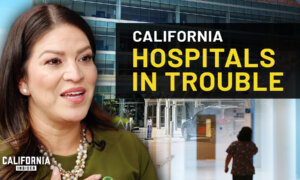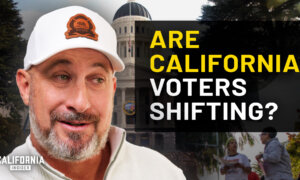A federal judge has blocked the Biden administration from imposing two rules on Catholic employers—one requiring employers to accommodate workers who undergo abortions, and the other mandating recognition of transgender pronouns and restroom access for employees who identify differently from their birth sex.
The ruling is a major victory for Catholic employers who argued that the regulations violated their religious beliefs.
U.S. District Judge Daniel Traynor, based in North Dakota, issued a preliminary injunction on Sept. 23, halting enforcement of the Equal Employment Opportunity Commission’s (EEOC) guidance related to the Pregnant Workers Fairness Act and Title VII of the Civil Rights Act.
The pregnant workers rule requires employers to provide reasonable accommodations for employees facing limitations related to pregnancy, childbirth, or related medical conditions, including accommodations for fertility treatments and abortions. The Title VII guidance interprets refusal to use an employee’s preferred pronouns or denial of restroom access based on gender identity as potential sex discrimination.
Traynor’s decision prevents the EEOC from enforcing both these rules against members of the Catholic Benefits Association (CBA), which represents over 1,300 Catholic employers and 7,100 parishes.
CBA contended in a lawsuit that the EEOC’s requirements forced its members to violate their core beliefs by requiring them to accommodate practices that go against Catholic teachings, including abortion and certain fertility treatments like in vitro fertilization, as well as to recognize transgender identities by using pronouns inconsistent with biological sex.
Traynor’s ruling addressed the association’s concerns, granting their request for a preliminary injunction, and acknowledging that the plaintiffs were likely to succeed on the merits of their claims under the Religious Freedom Restoration Act. Under the law, the government may not substantially burden religious exercise unless it can demonstrate that the burden furthers a compelling government interest and is the least restrictive way of accomplishing this aim—standards the judge found the EEOC failed to meet.
“Under either the [Pregnant Workers Fairness Act] or Title VII with the new guidance, the CBA’s conduct will be chilled by the choice between possible violation of federal law and free expression of sincerely held religious beliefs,” the judge wrote. “The CBA, therefore, has the concrete and imminent harm that conduct based on sincerely held religious beliefs will violate both the [Pregnant Workers Fairness Act] and Title VII.”
Although the CBA also raised claims under the First Amendment and the Administrative Procedure Act, Traynor did not explicitly rule on those grounds, explaining in his decision that it was unnecessary to address these other claims for purposes of the preliminary injunction because the association was likely to succeed under the Religious Freedom Restoration Act.
“This challenge to religious liberty is a reminder of the danger of government action that is clearly anti-religion,” Traynor wrote. “It should not take a legal challenge for the agency to stop violating the constitutional rights of Americans. Wisely, our founders provided a separate but equal branch to keep this lawlessness in check.”
Traynor’s decision means that the EEOC is blocked from enforcing the two rules, with the injunction remaining in effect while the broader case is litigated.
Martin Nussbaum, a lawyer for the plaintiffs, praised the ruling.
“Given the profound moral issues the EEOC has created by its mandates, the members of the Catholic Benefits Association are grateful to have their religious rights vindicated by this order,” Nussbaum said.
EEOC did not respond to a request for comment.
In June, a federal judge in Louisiana blocked enforcement of the rules in Louisiana and Mississippi, as well as against a group of Catholic bishops.
Traynor’s ruling could have a broader impact, as it applies to all members of the CBA, a nationwide organization.
